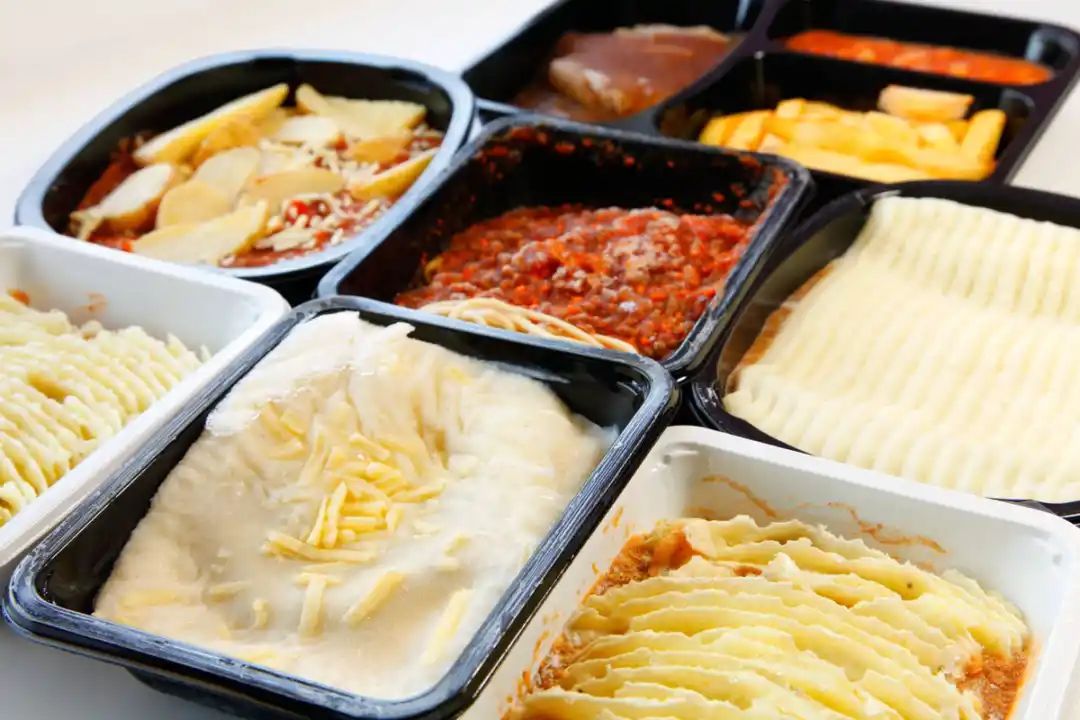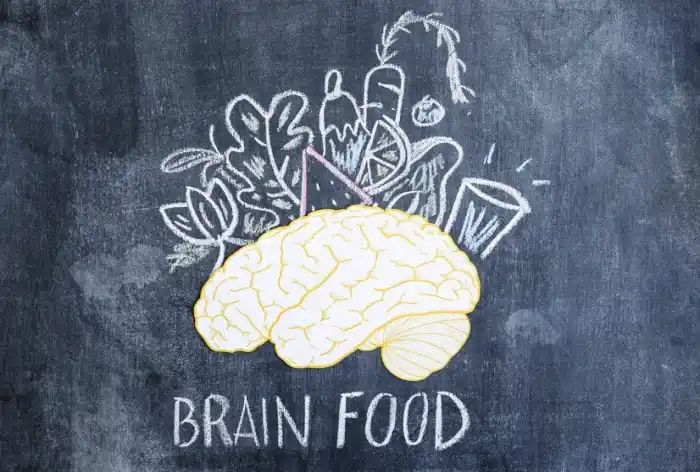What is ultra-processed food – and is it bad for you?

Ultra-processed food (UPF) has been directly linked to 32 harmful health effects in the world’s largest review of its kind.
A study by the BMJ shows exposure to UPF can increase risk of cancer, adverse mental health, type 2 diabetes and even early death.
In the UK and US, half the average person’s diet now consists of UPF according to the latest data. Amongst younger people and those on lower-incomes, this increases to as much as 80 per cent.
“These findings provide a rationale to develop and evaluate the effectiveness of using population-based and public-health measures to target and reduce dietary exposure to ultra-processed foods for improved human health,” the BMJ report concludes.
Here’s a guide to everything you need to know about ultra-processed food:
What is ultra-processed food?
Put simply, UPF is food that contains ingredients you wouldn’t typically find in your kitchen. Colours, preservatives, emulsifiers, flavours, and other additives – this is what takes a food product from processed to ultra-processed.
These foods will typically be longer lasting, but lower in vitamins and other nutrients. The most commonly eaten UPFs in the UK are industrialised bread, ready meals, breakfast cereals, sausages and other reconstituted meat products.
The NOVA food classification divides foods we buy into 4 groups, from unprocessed to ultra-processed:
Unprocessed (and minimally processed) food
This group includes fruit, vegetables, seeds, nuts and animal products like eggs, fish, milk and unprocessed meat. It makes up 30 per cent of calories in a typical UK diet.
Minimally processed foods may have been crushed, boiled, dried, crushed and so on – but they will have no added ingredients. This includes frozen fruit and veg, fruit juice, unsweetened yoghurt and spices.





